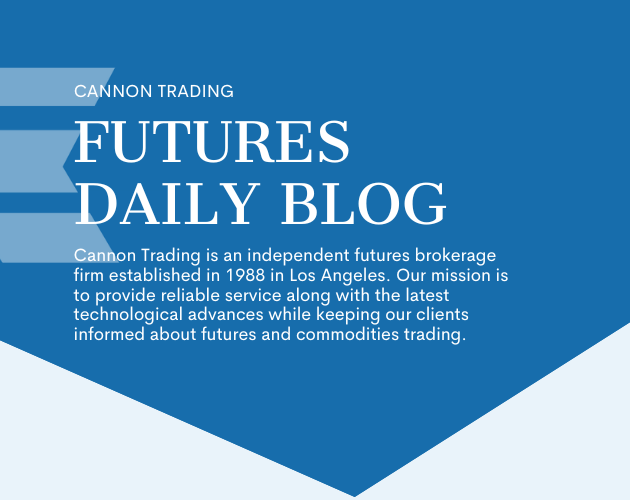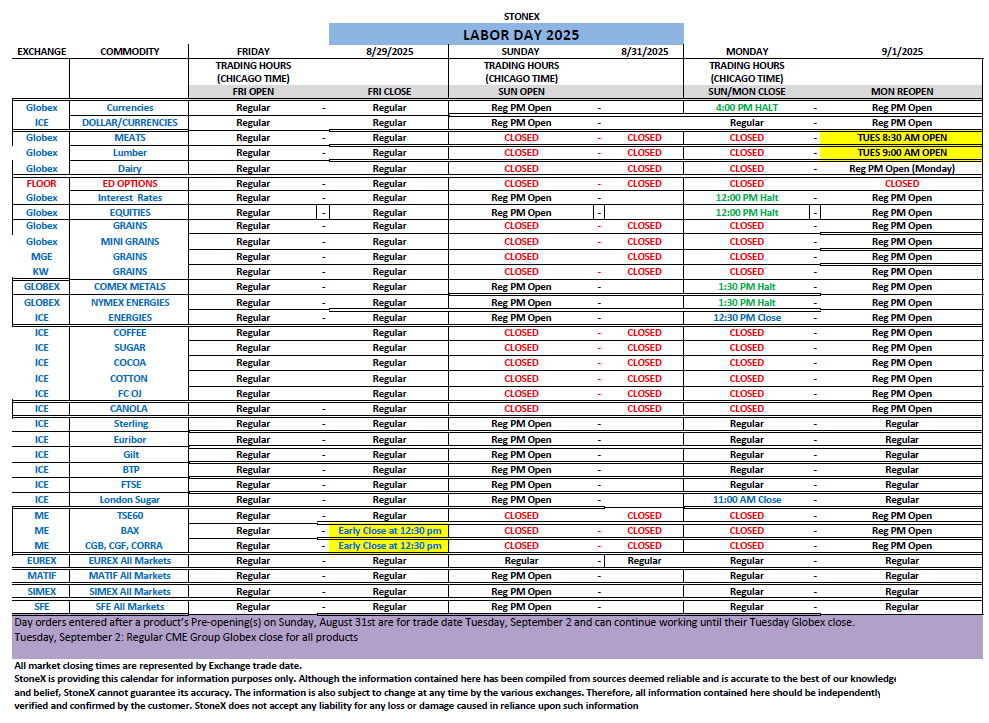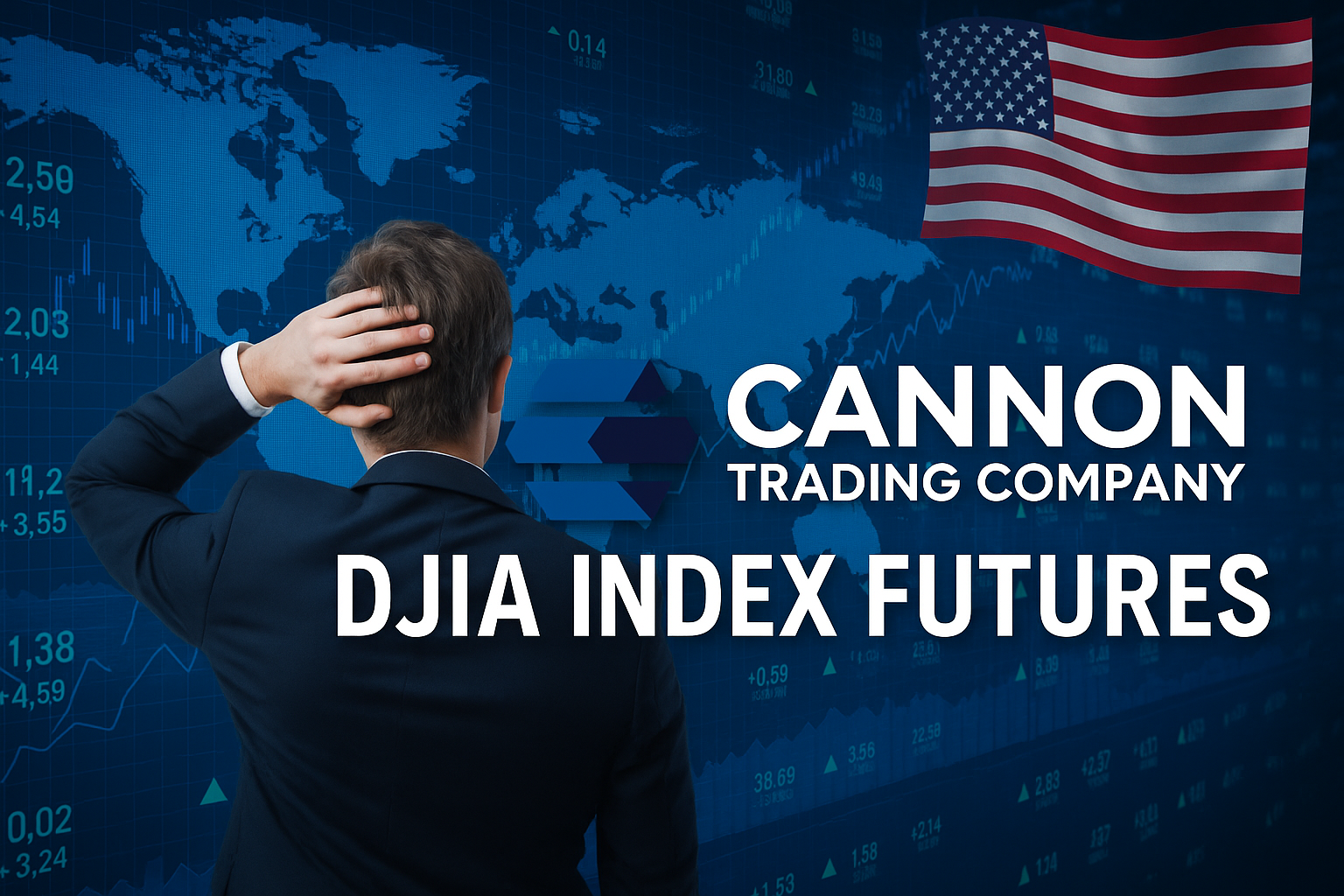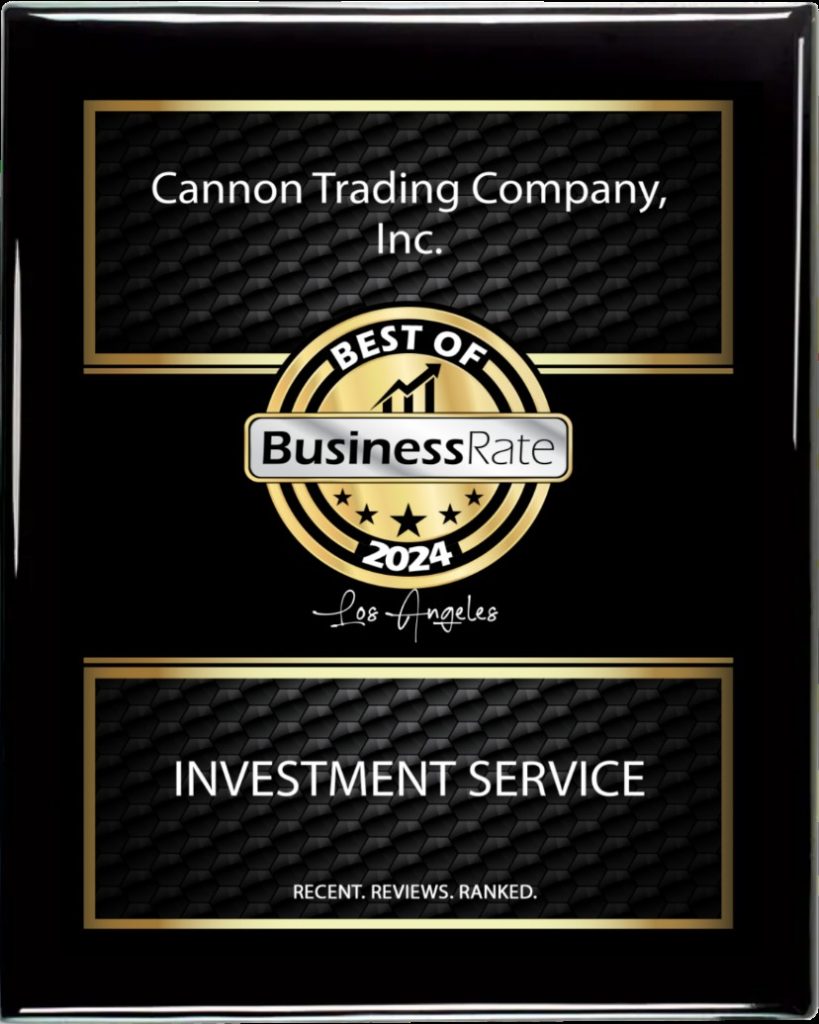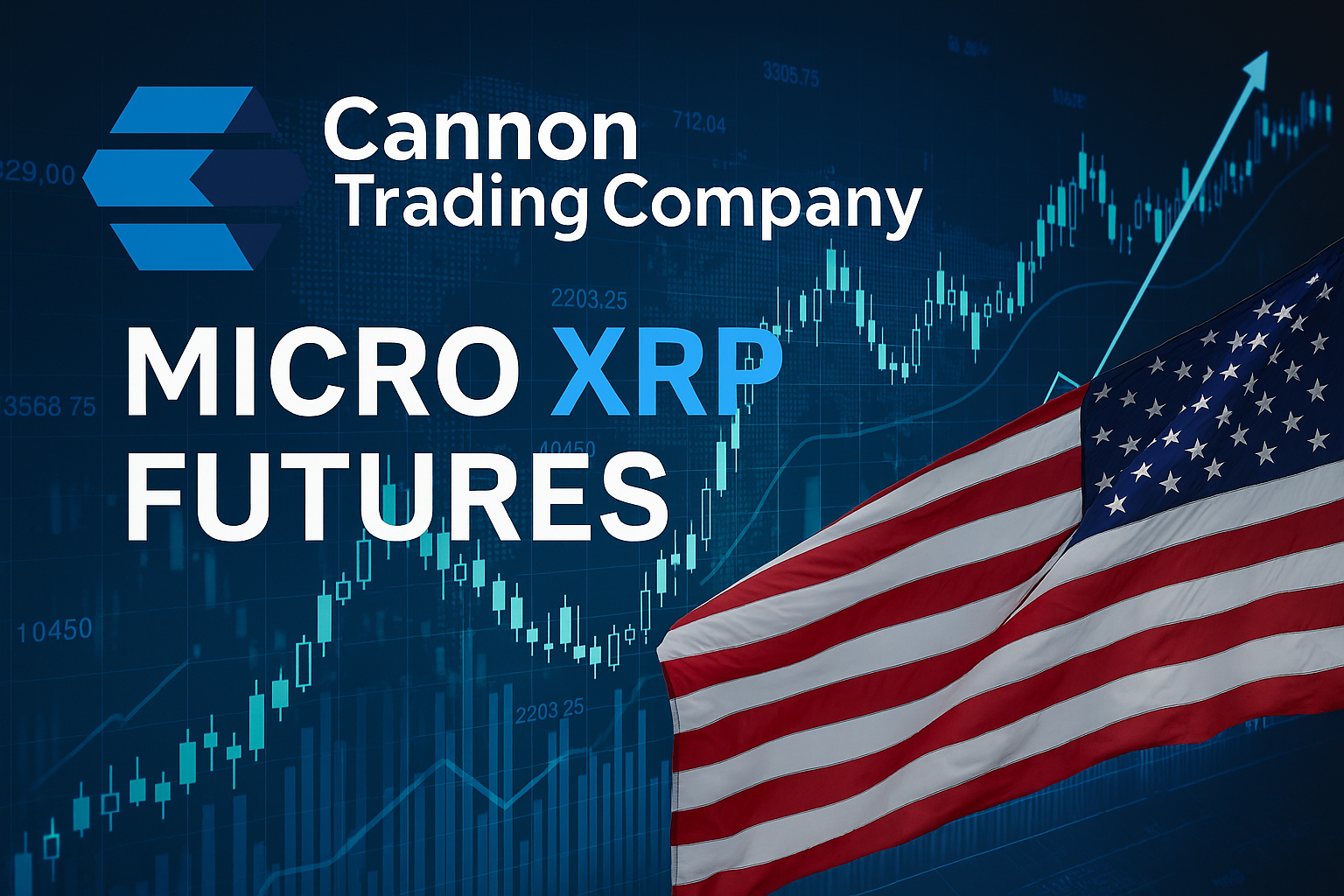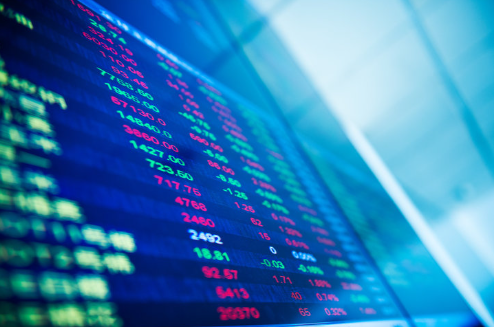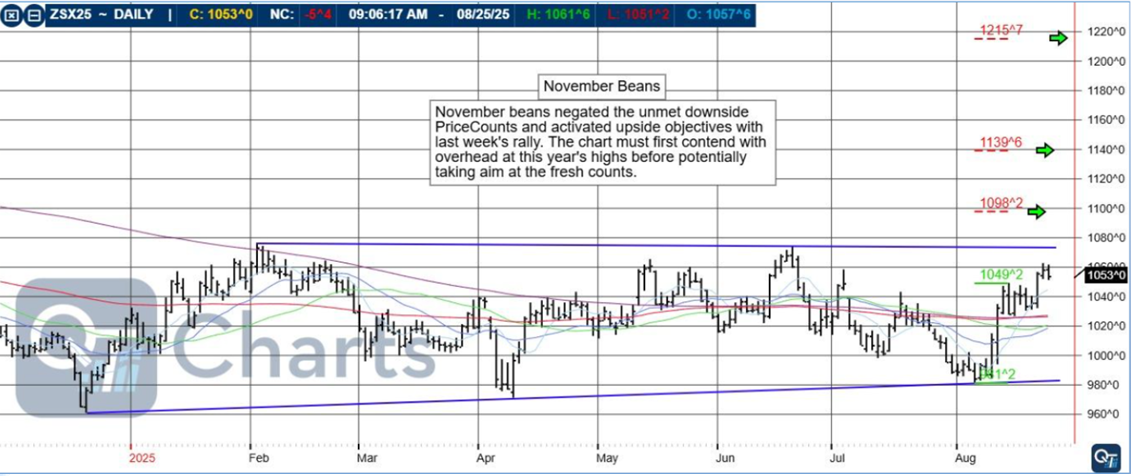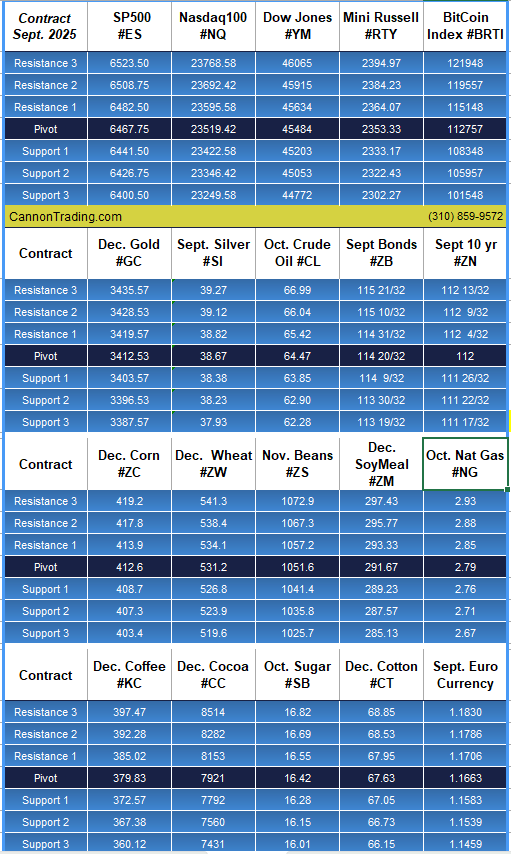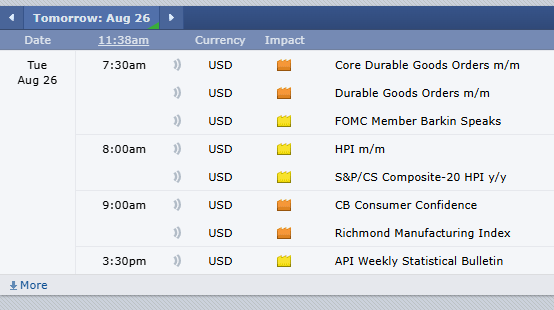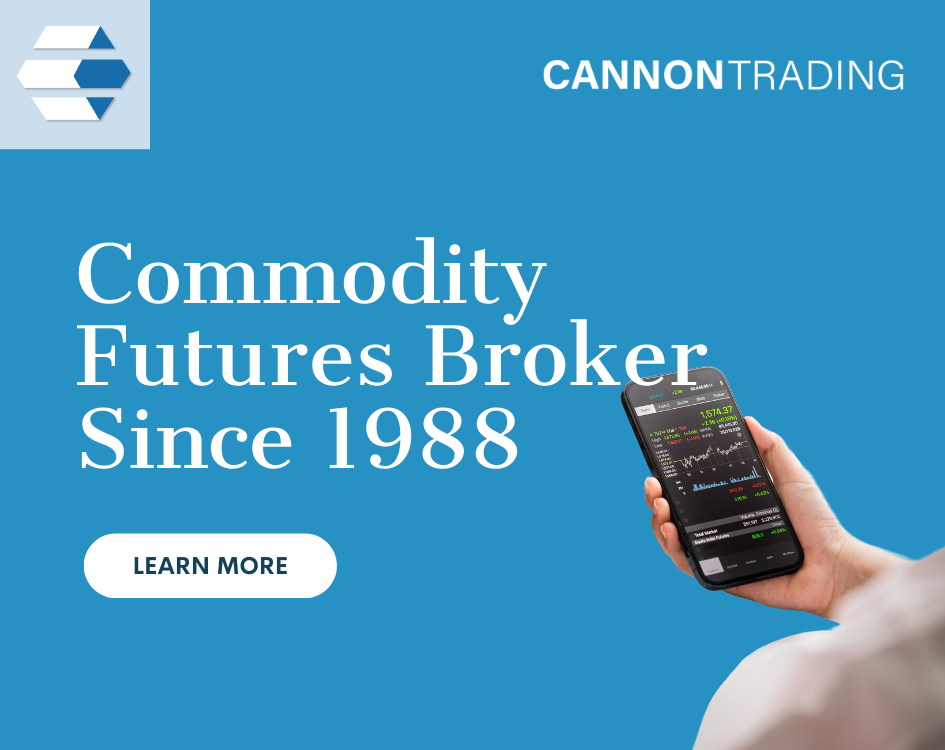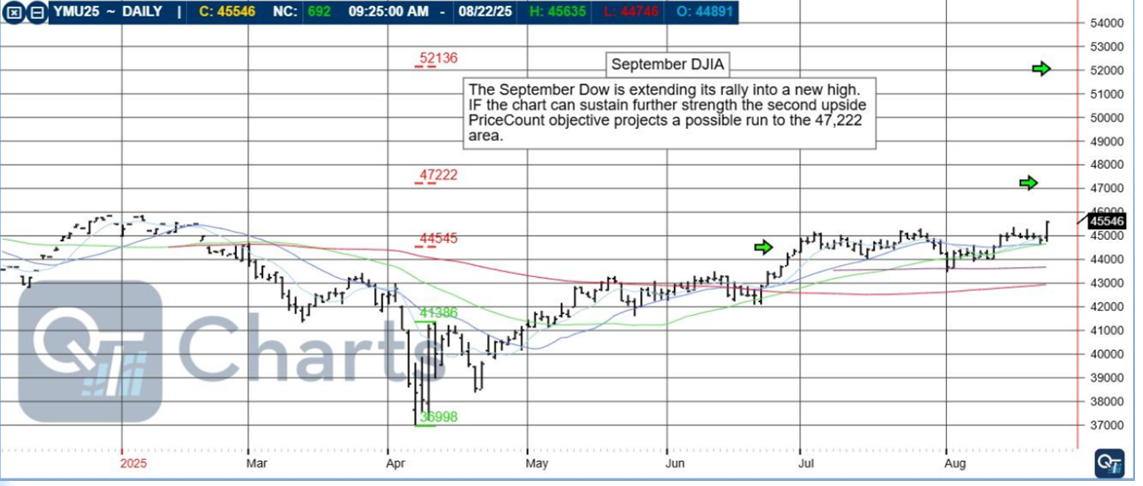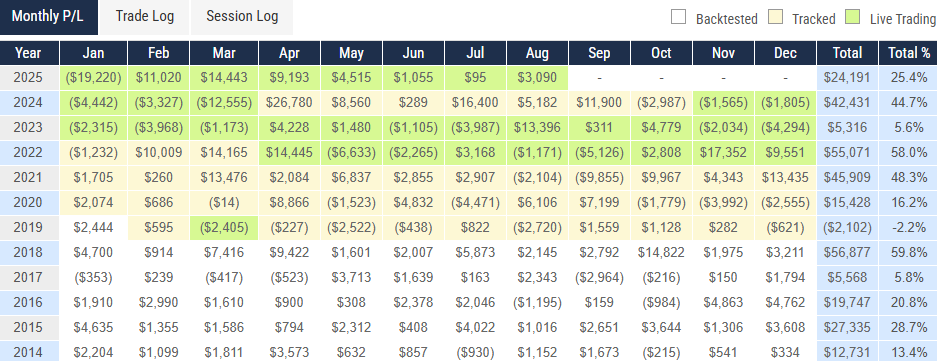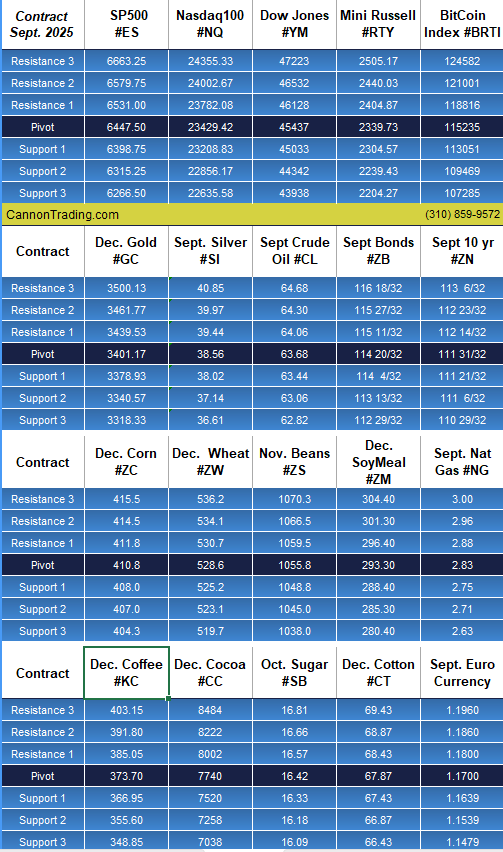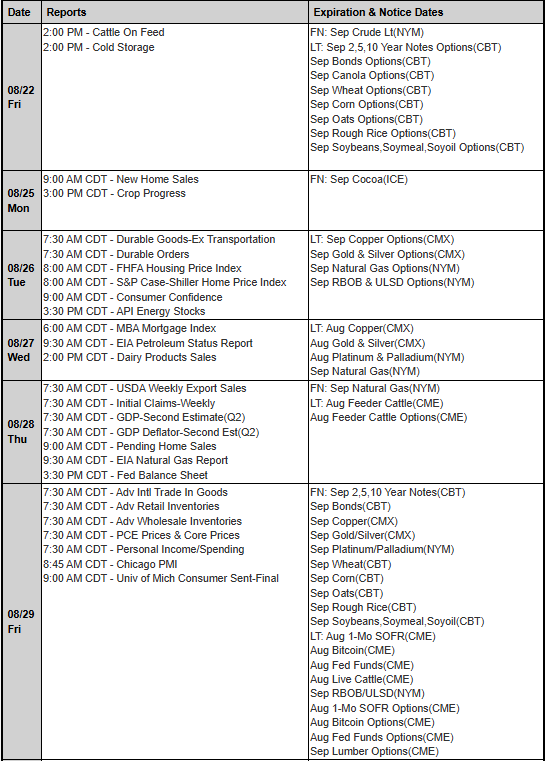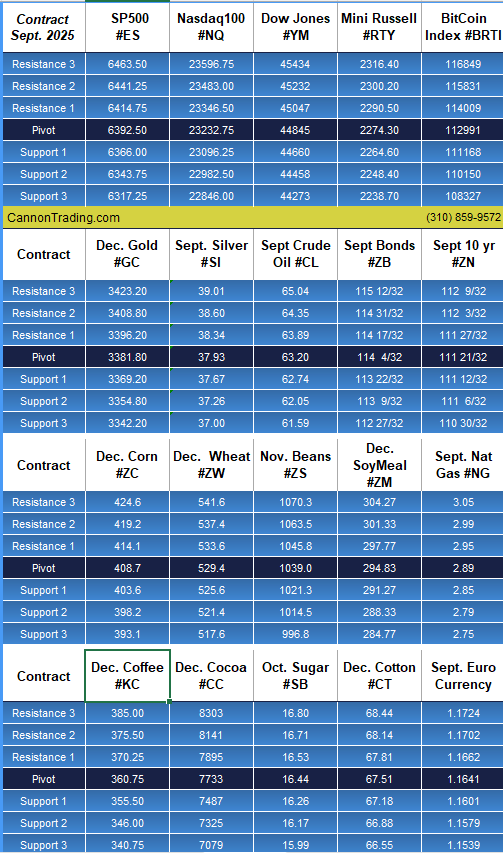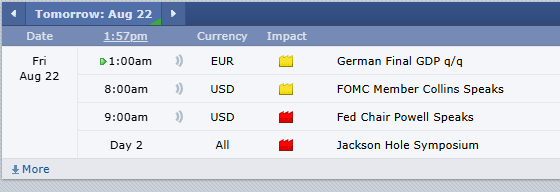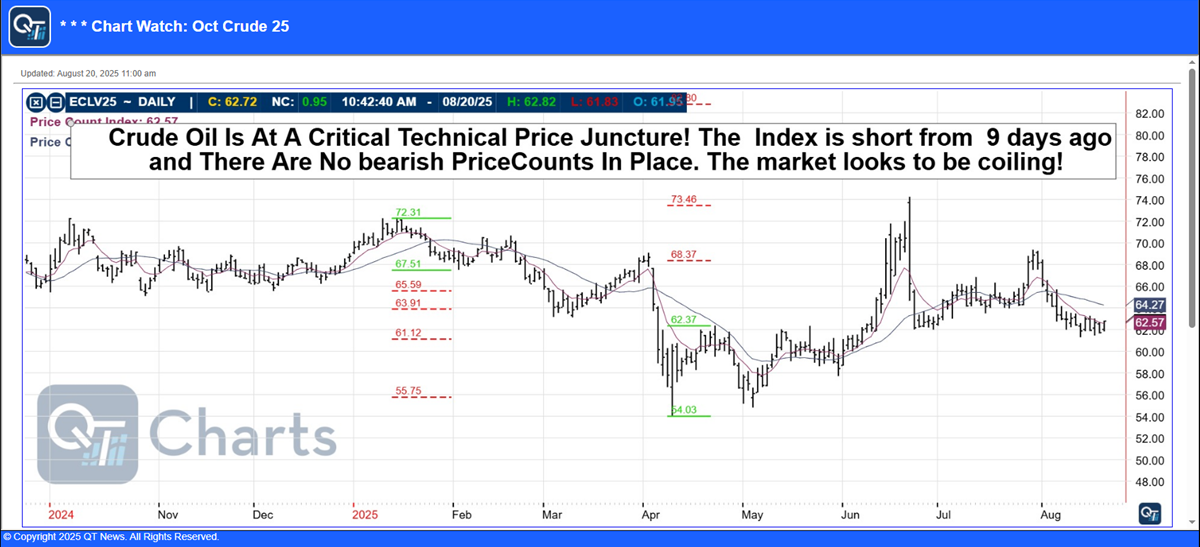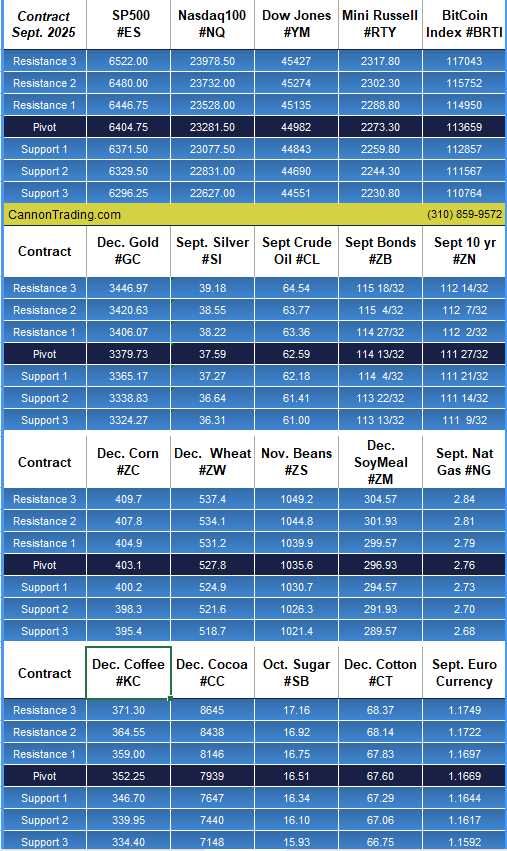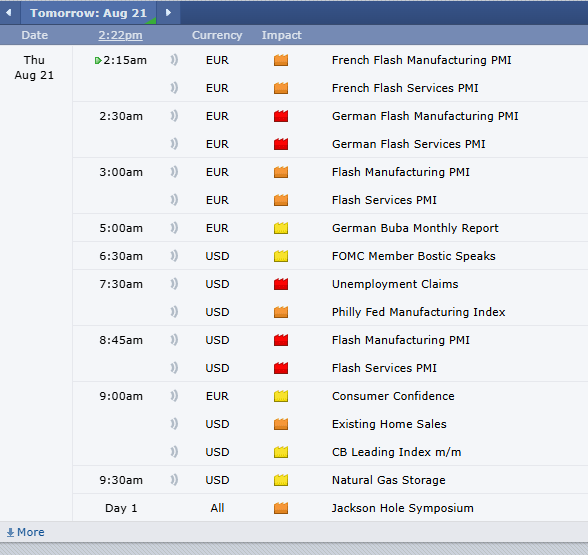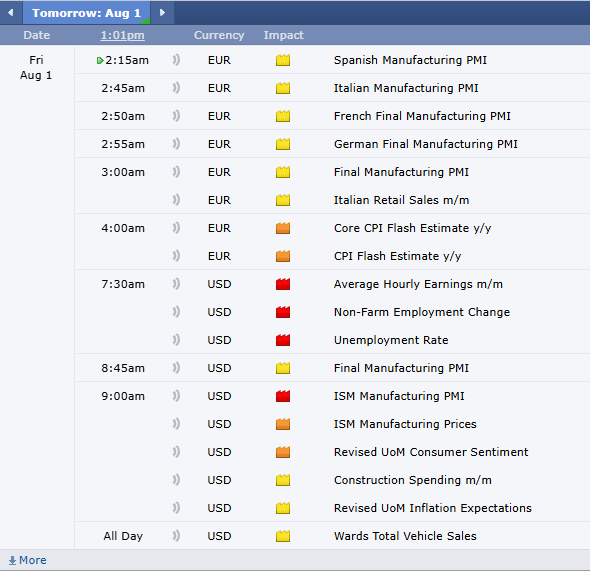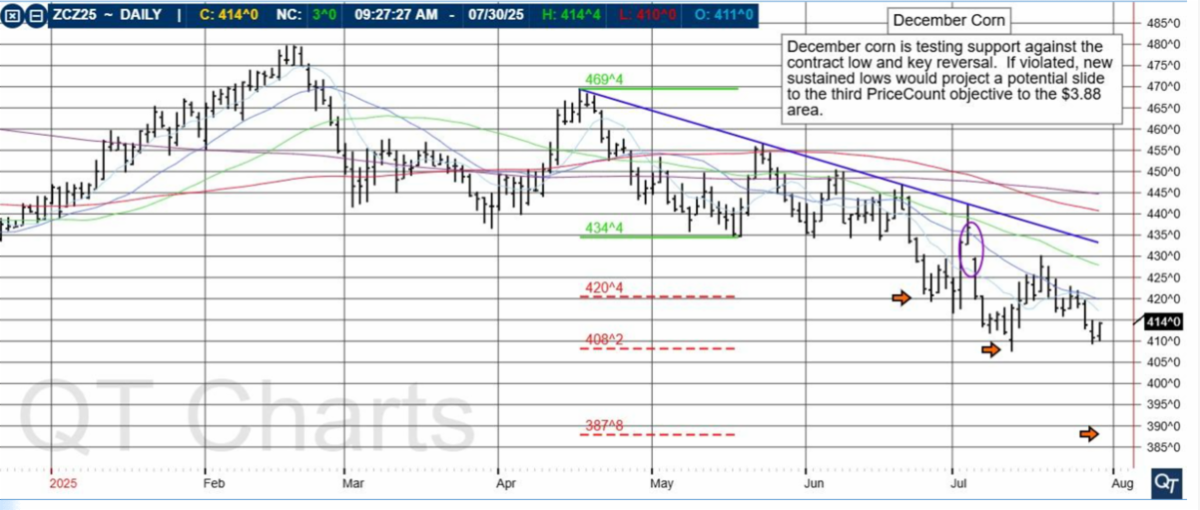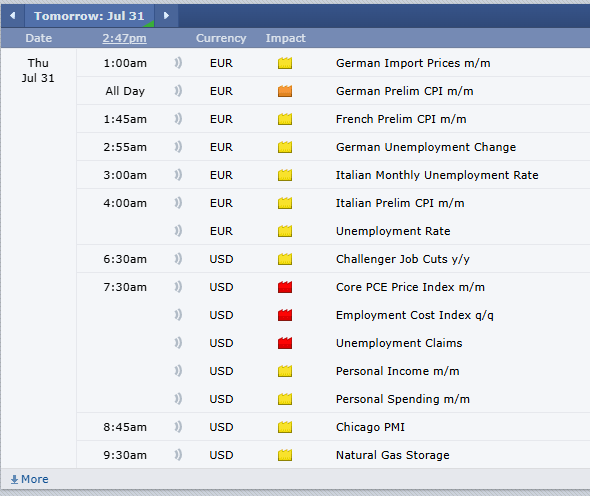Silver Futures Contract
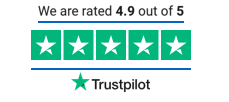
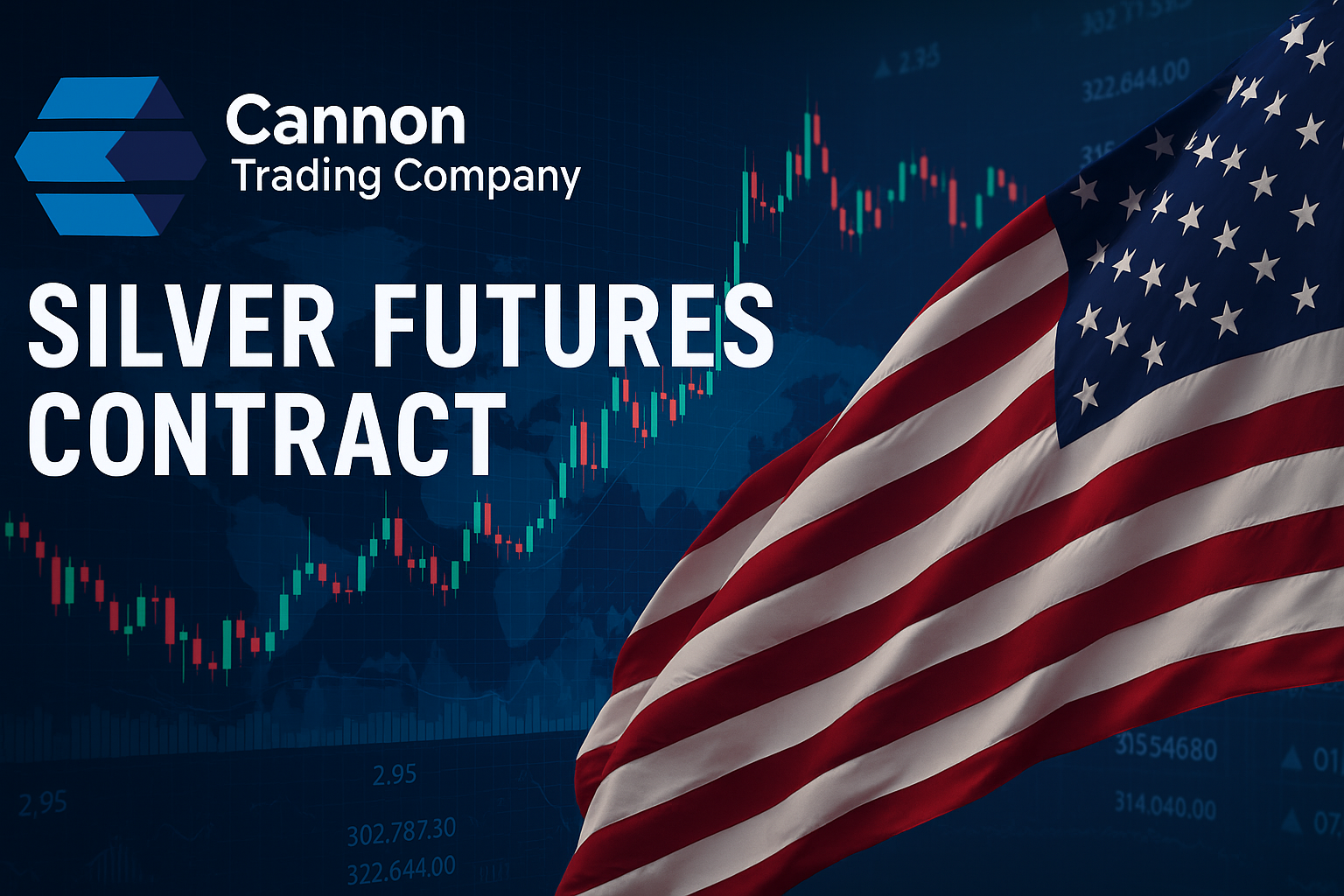
The silver futures contract is a powerful instrument for investors and speculators seeking exposure to the silver market without directly owning the physical metal. As we move into the final two trimesters of 2025, the silver market stands at a critical juncture influenced by macroeconomic shifts, industrial demand, and investor sentiment. In this detailed analysis, we’ll explore the expected trajectory of silver futures prices, key drivers shaping the market, and how reputable firms like Cannon Trading Company provide a robust foundation for trading success.
With decades of experience, 5-star TrustPilot ratings, and a reputation for excellence with both federal and independent regulators, Cannon Trading Company is one of the best futures brokers for navigating the complexities of trading futures—particularly in volatile markets like silver.
The Role and Mechanics of a Silver Futures Contract
A silver futures contract is a legally binding agreement to buy or sell a specific quantity of silver (typically 5,000 troy ounces) at a predetermined price and date in the future. These contracts are traded on commodities exchanges like the CME Group and are used for hedging, speculation, and price discovery.
Key Features
- Standardization: Contracts are standardized, ensuring uniformity in terms of quantity and quality of silver.
- Leverage: Futures trading allows traders to control large amounts of silver with a relatively small amount of capital.
- Liquidity: Silver futures are among the most actively traded contracts, providing high liquidity.
Whether you’re hedging against inflation or speculating on silver futures prices, this instrument offers a level of flexibility and exposure that spot silver simply cannot match.
Macroeconomic Landscape: What Lies Ahead for Silver Futures Contracts in 2025?
As we enter the second half of 2025, several critical factors are shaping the outlook for silver future prices.
- Monetary Policy and Interest Rates
The Federal Reserve’s trajectory in the latter half of 2025 is expected to shift slightly dovish after a series of rate hikes between late 2024 and early 2025. A cooling labor market and slowing inflation have raised the possibility of modest rate cuts. This could benefit precious metals, particularly silver, which tends to thrive in low-interest-rate environments.
Silver futures are inversely correlated with real interest rates. As yields decline, the opportunity cost of holding non-yielding assets like silver diminishes, potentially driving up silver futures prices.
- Geopolitical Uncertainty
Escalating tensions in Eastern Europe and disruptions in global trade routes have increased the appeal of safe-haven assets. Investors traditionally turn to gold, but silver, being both a precious and industrial metal, sees dual inflows from risk-averse and opportunistic investors.
These geopolitical developments could lead to increased volatility in the silver futures contract market, attracting traders looking for profitable price swings.
- Industrial Demand Boom
Silver’s unique properties make it indispensable for several high-growth industries:
- Green Energy: Solar panels use large quantities of silver. With global solar deployment expected to hit record levels in late 2025, demand will rise.
- EV Manufacturing: Electric vehicles utilize silver in batteries, wiring, and semiconductors.
- Electronics: 5G infrastructure and AI server farms require significant silver input.
As industrial usage rises, silver future prices may experience strong upward pressure, especially during Q3 and Q4 when many factories ramp up production ahead of the holiday and fiscal year-end cycles.
Silver Futures Price Forecast for the Final Trimesters of 2025
Q3 2025: Moderate Bullish Outlook
- Expected range: $33.00 – $42.00 per ounce
- Drivers:
- Rate cut expectations from the Federal Reserve
- Strong Q2 earnings in renewable energy and EV sectors
- Ongoing geopolitical instability
Market participants may see silver futures prices move steadily upward in Q3, but not without periods of pullbacks and profit-taking.
Q4 2025: High Volatility with Bullish Tilt
- Expected range: $33.50 – $40.00 per ounce
- Drivers:
- End-of-year fund reallocations
- Strong holiday season demand for electronics
- Potential short-covering rallies
Q4 may witness explosive moves in silver futures, driven by institutional repositioning and tight physical supply constraints. Traders should be prepared for sudden price swings, making risk management crucial.
Why Cannon Trading Company Is a Leading Futures Brokerage for Silver Traders


Navigating the nuanced world of trading futures, especially something as volatile as silver, requires expertise, reliable tools, and exceptional client support. That’s exactly what Cannon Trading Company delivers.
- Decades of Experience
Established in 1988, Cannon Trading Company has weathered every major market storm, from the Dot-Com Bubble to the 2008 financial crisis to the COVID-19 crash. Their longevity is a testament to their deep knowledge of futures trading and their ability to adapt to new challenges.
When dealing with complex instruments like the silver futures contract, experience is everything.
- Exceptional Regulatory Reputation
Cannon Trading maintains an exemplary standing with both federal regulators (such as the CFTC and NFA) and independent industry watchdogs. This ensures clients operate in a secure, compliant, and transparent trading environment.
Among futures brokers USA, very few match the regulatory track record of Cannon Trading Company.
- TrustPilot Reviews: A Testament to Client Satisfaction
Cannon boasts numerous 5 out of 5-star ratings on TrustPilot, an independent consumer review platform. Clients routinely praise their responsiveness, personalized service, and the quality of their trading insights. This makes them a strong contender among the best futures brokers in the world.
“Knowledgeable brokers and amazing service. Always willing to help. Highly recommend!” – Verified TrustPilot Reviewer
- Wide Selection of Top-Tier Trading Platforms
Whether you’re a scalper, swing trader, or long-term investor in silver futures, Cannon Trading provides access to powerful trading platforms:
- CannonX powered by CQG: A premium platform known for lightning-fast execution and detailed market data. Ideal for traders who require precision and speed.
- MultiCharts and RTrader Pro: Advanced platforms offering robust charting and risk management tools.
Having access to multiple platforms allows traders to customize their strategy, which is essential when dealing with unpredictable silver future prices.
CannonX Powered by CQG: The Game-Changer
Among the various platforms offered, CannonX powered by CQG stands out. Built on one of the most reliable infrastructures in the industry, this platform enables:
- Real-time quotes for silver futures contracts
- Depth-of-market views to analyze order flow
- Risk management tools tailored for trading futures
- Mobile and desktop compatibility
For traders focused on silver futures prices, speed, accuracy, and low latency can mean the difference between a gain and a missed opportunity. CannonX delivers all three with finesse.
Futures Brokers vs. Best Futures Brokers: Why Cannon Leads
The difference between ordinary futures brokers and the best futures brokers lies in the details:
| Criteria | Average Brokers | Cannon Trading Company |
| Years in Business | 5–10 | 35+ |
| Platform Variety | 1–2 | 10+ |
| Regulatory Standing | Mixed | Exceptional |
| TrustPilot Ratings | 3.5–4.0 stars | 5 out of 5 stars |
| Client Support Hours | Limited | Extended (phone/email/chat) |
| Educational Resources | Basic | Extensive (blogs, webinars, 1-on-1 coaching) |
Traders seeking the best futures brokers for silver contracts will find that Cannon offers unmatched value in service and tools.
Educational Support: Equipping Traders for Success
Beyond just account management, Cannon Trading believes in empowering its clients. Their suite of educational materials includes:
- Webinars on silver futures contract trading
- Daily market commentaries
- Technical and fundamental analysis
- One-on-one mentorship sessions
This commitment to client growth distinguishes them from many future brokers who focus solely on transactional relationships.
Risk Management Strategies for Silver Futures Contracts
Trading silver futures contracts involves inherent risks due to leverage and market volatility. Here are some essential strategies Cannon brokers recommend:
- Set Stop-Loss Orders
To prevent catastrophic losses during rapid price reversals, use stop-loss levels based on technical indicators or volatility bands.
- Use Hedging Techniques
For portfolio managers, hedging with silver futures can protect against price fluctuations in physical holdings or ETFs.
- Stay Informed
Track economic indicators like interest rates, GDP data, and industrial production. These elements directly impact silver futures prices.
Cannon Trading supports these efforts by offering real-time market updates and personalized trading alerts, making it one of the most responsive futures brokers USA has to offer.
Silver Futures Contracts in the Global Context
It’s essential to remember that silver futures prices are influenced not just by domestic trends but by global events. Key international factors include:
- Chinese industrial output: China is the largest consumer of silver in manufacturing.
- Latin American mining supply: Peru and Mexico supply a significant portion of global silver.
- Currency volatility: A weakening dollar generally supports higher silver future prices.
Cannon Trading provides global insights through its research desk, ensuring clients stay ahead of international trends affecting silver futures.
The silver futures contract continues to be one of the most dynamic and rewarding financial instruments available to modern traders. With the final two trimesters of 2025 promising high volatility and potential bullish momentum, now is a pivotal time to get involved. Whether you’re a seasoned veteran or new to trading futures, choosing the right brokerage partner is crucial.
Cannon Trading Company stands out among futures brokers USA thanks to its:
- Decades of market expertise
- Top-tier platforms like CannonX powered by CQG
- 5-star TrustPilot reputation
- Commitment to education and client success
- Strong standing with federal and independent regulators
When evaluating futures brokers, there’s a clear distinction between average and elite. Cannon belongs in the upper echelon of best futures brokers, delivering consistent value, integrity, and results.
Ready to start trading futures? Call us at 1(800)454-9572 (US) or (310)859-9572 (International), or email info@cannontrading.com to speak with one of our experienced, Series-3 licensed futures brokers and begin your futures trading journey with Cannon Trading Company today.
Disclaimer: Trading Futures, Options on Futures, and retail off-exchange foreign currency transactions involve substantial risk of loss and are not suitable for all investors. Past performance is not indicative of future results. Carefully consider if trading is suitable for you in light of your circumstances, knowledge, and financial resources. You may lose all or more of your initial investment. Opinions, market data, and recommendations are subject to change at any time.
Important: Trading commodity futures and options involves a substantial risk of loss. The recommendations contained in this article are opinions only and do not guarantee any profits. This article is for educational purposes. Past performances are not necessarily indicative of future results.
This article has been generated with the help of AI Technology and modified for accuracy and compliance.
Follow us on all socials: @cannontrading

